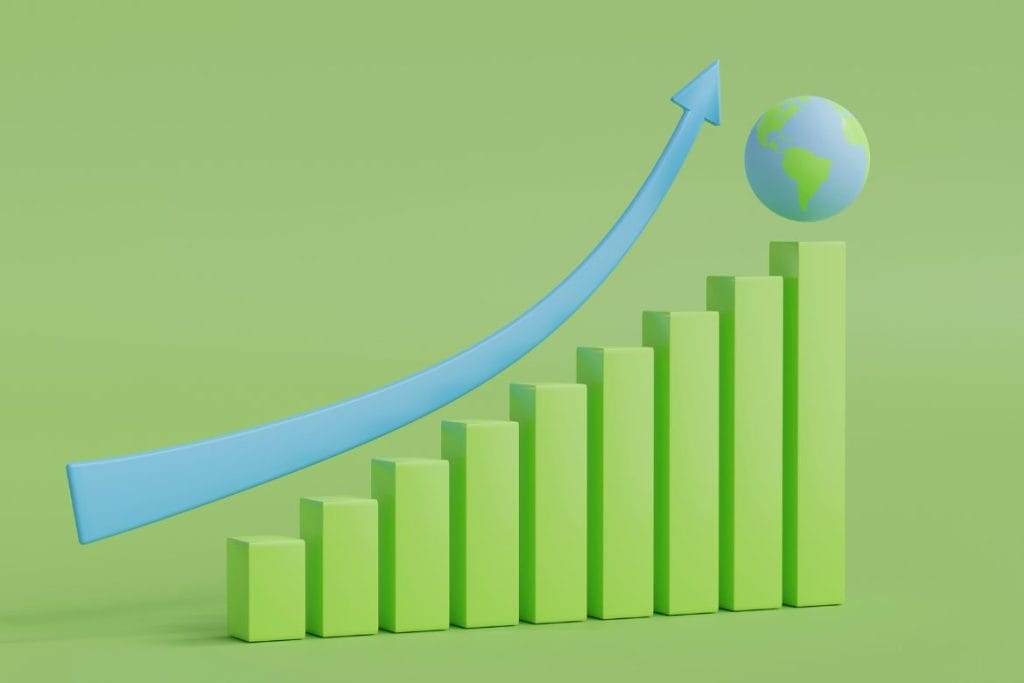New research from banking and financial services company, Virgin Money has found that there is a gap between SME decision makers’ awareness of environmental, social and governance (ESG) targets and the actions being taken to achieve them.
Virgin Money found that 71 per cent of decision-makers acknowledge that adopting ESG practices is important to their customers. However, only 68 per cent are familiar with their company’s ESG targets. Meanwhile, 54 per cent have not set targets. This disconnect shows the challenges businesses face in translating awareness into actionable strategies.
Scott McFarlane, sustainability lead for business bank at Virgin Money said: “Many businesses know that they need to take action to move to a more sustainable future, but there’s a critical gap between that awareness and action being taken. At Virgin Money, we recognise the challenges businesses face in this transition, from understanding the necessary steps required to concerns about costs and competitiveness.”
What can cause change?
Confidence in understanding the necessary steps to meet ESG targets is holding firms back from making necessary changes. According to the research, 25 per cent of decision-makers within SMEs are not confident about the specific actions required.
Concerns about competitiveness and costs are also prevalent, as one in four (26 per cent) who have set ESG targets for their business, believe that meeting these goals could make their business uncompetitive, and one in three (34 per cent) think it’s too expensive to implement. However, the primary challenge businesses with ESG targets face in meeting their goals is that 51% are waiting for regulatory or government guidance before making the necessary changes.
Looking ahead, the impact of sustainability on business operations is undeniable. Ninety per cent believe that sustainability will impact how their business operates within the next five years. Furthermore, over half (58 per cent) expect a major or moderate impact that could require a change in business model or strategic review.
Mobiliser Fund
To help businesses navigate these challenges, Virgin Money has launched the Mobiliser Fund. Its ambition is to provide 20 per cent of its business lending balances to businesses driving the transition towards the next economy, by the end of 2027. By 31 March 2024, Virgin Money’s business lending book had reached £9.3billion.
Of the overall 20 per cent target, half will be directed to customers whose core goods and services accelerate social and/or environmental change – for example, helping businesses depend less on non-renewable energy, or generate less waste.
The remaining 10 per cent target will support businesses that operate in traditionally energy-intensive sectors, such as agriculture and manufacturing, who are taking proactive steps to transition to a net zero economy.
McFarlane continued: “Our new Mobiliser Fund is designed to help bridge this gap by providing not only financial support – such as Sustainability-Linked Loans for smaller businesses – but also valuable resources, like our Sustainable Business Coach app which helps businesses set ESG targets and measure progress against them.”
Supporting businesses
Virgin Money’s Mobiliser Fund covers a variety of support options for businesses to help drive environmental change. This includes:
- Agri E Fund: A dedicated fund to support farmers to create a greener future.
- Sustainability Linked-Loans: Offering financial incentives for businesses that meet the sustainability targets within the Sustainable Business Coach app.
- Asset Finance: Businesses can spread the cost of the big buys that help support their sustainability goals.
- Sustainable Business Coach: The app provides an objective assessment of a business’ environmental, social and governance (ESG) impacts and gives advice on how to improve.
The new sustainability lending targets echo Virgin Money’s objective to be net zero in its own operational emissions by 2030, and net zero in all direct and indirect emissions, including everything they finance, by 2050.






























